Muscat
£172.00
– magnum
(150cl)
More sizes available
Add item
2019 Klein Constantia, Vin de Constance, Constantia, South Africa
White
2019
Drink, youthful
Full Bodied
Luscious
14.0% Alcohol
Find out more
Available in bond
2012 Klein Constantia, Vin de Constance, Constantia, South Africa
White
2012
Drink, youthful
Full Bodied
Luscious
14.0% Alcohol
Find out more
Available in bond
2008 Klein Constantia, Vin de Constance, Constantia, South Africa
White
2008
Drink, at peak
Full Bodied
Luscious
14.0% Alcohol
Find out more
Available in bond
2009 Klein Constantia, Vin de Constance, Constantia, South Africa
White
2009
Drink, at peak
Full Bodied
Luscious
14.0% Alcohol
Find out more
Available in bond
2013 Klein Constantia, Vin de Constance, Constantia, South Africa
White
2013
Drink, youthful
Full Bodied
Luscious
13.5% Alcohol
Find out more
Available in bond
2006 Klein Constantia, Vin de Constance, Constantia, South Africa
White
2006
Drink, at peak
Full Bodied
Luscious
13.0% Alcohol
Find out more
Available in bond
2007 Klein Constantia, Vin de Constance, Constantia, South Africa
White
2007
Drink, at peak
Full Bodied
Luscious
14.0% Alcohol
Find out more
Available in bond
2016 Klein Constantia, Vin de Constance, Constantia, South Africa
White
2016
Drink, youthful
Full Bodied
Luscious
14.0% Alcohol
Find out more
Available in bond
2014 Klein Constantia, Vin de Constance, Constantia, South Africa
White
2014
Drink, youthful
Full Bodied
Luscious
13.5% Alcohol
Find out more
Available in bond
2015 Klein Constantia, Vin de Constance, Constantia, South Africa
White
2015
Drink, youthful
Full Bodied
Luscious
14.0% Alcohol
Find out more
Available in bond
2017 Klein Constantia, Vin de Constance, Constantia, South Africa
White
2017
Drink, youthful
Full Bodied
Luscious
14.0% Alcohol
Find out more
Available in bond
2018 Klein Constantia, Vin de Constance, Constantia, South Africa
White
2018
Drink, youthful
Full Bodied
Luscious
14.0% Alcohol
Find out more
Available in bond
2021 Muscat, Goldert, Grand Cru, Domaine Zind-Humbrecht, Alsace
White
2021
Lay down
Full Bodied
Off Dry
13.0% Alcohol
Find out more
Available in bond
2020 Klein Constantia, Vin de Constance, Constantia, South Africa
White
2020
Drink, youthful
Full Bodied
Luscious
14.0% Alcohol
Find out more


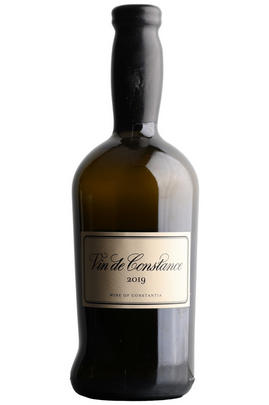
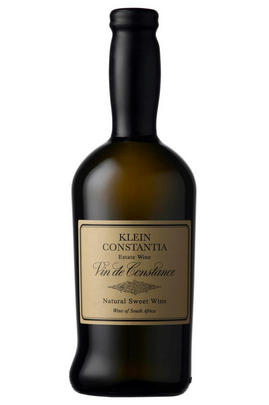
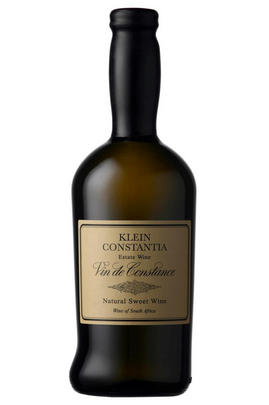
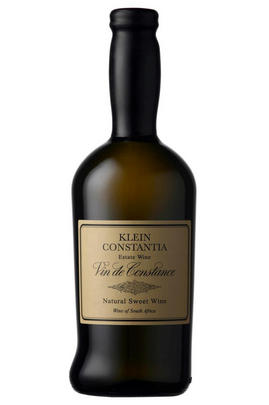
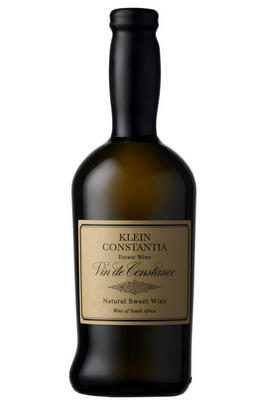
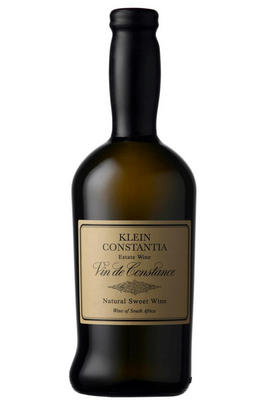
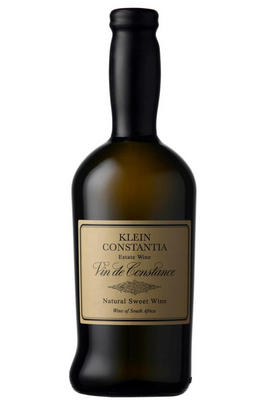
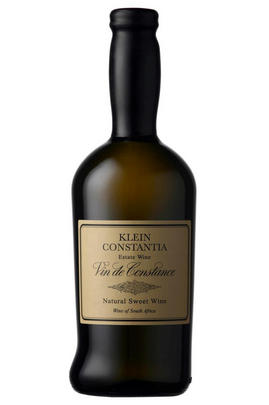
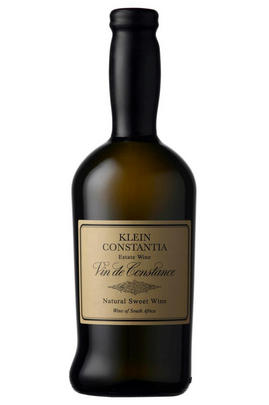
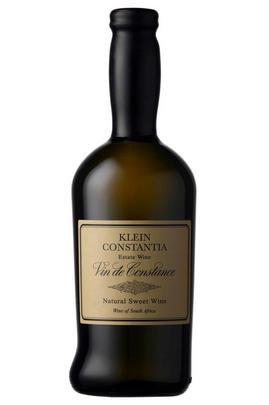
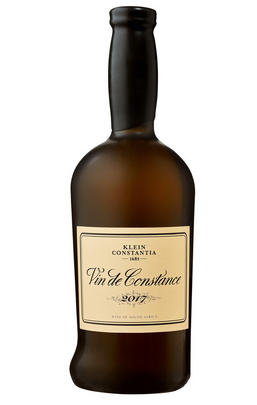
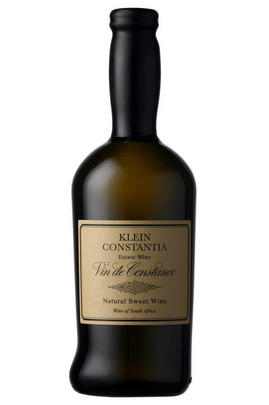
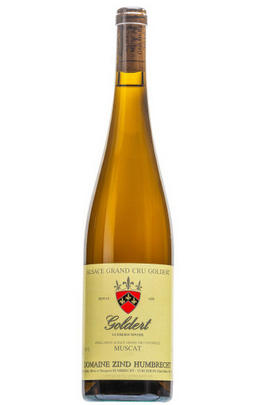
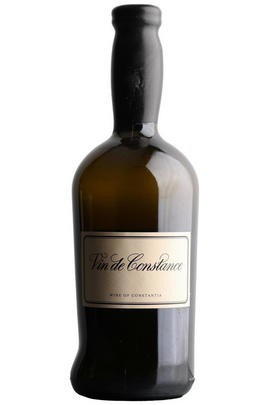
Muscat refers to a family of grapes of which there are around 200 different branches. Muscat Blancs à Petits Grains is the most noble of the variety and makes the best and most distinctive wines. It is the only wine grape that produces wines that actually taste of grapes, and can produce a range of wines from pale, bone dry whites, through to golden yellow, rich, sweet wines.
In Alsace, two types of Muscat are grown - Muscat Blancs à Petits Grains and Muscat Ottonel. They are usually blended to produce wines that tend to be light and dry with a fruity, musky character and an intensely aromatic bouquet. Intensely sweet late harvest wines are also produced.
Muscat de Beaumes de Venise is one of the best Vin Doux Naturels in France. This is produced by adding grape spirit to the partly fermented must - the best producers, such as Domaine de Durban, produce deliciously sweet wines with rich grapey aromas balanced by fruity acidity.
In Australia Muscat à Petit Grains is used to produce the fortified Liqueur Muscats of Victoria (esp. Rutherglen). These are extraordinary wines - dark and treacly with a sensational perfume of orange, raisins and honey.